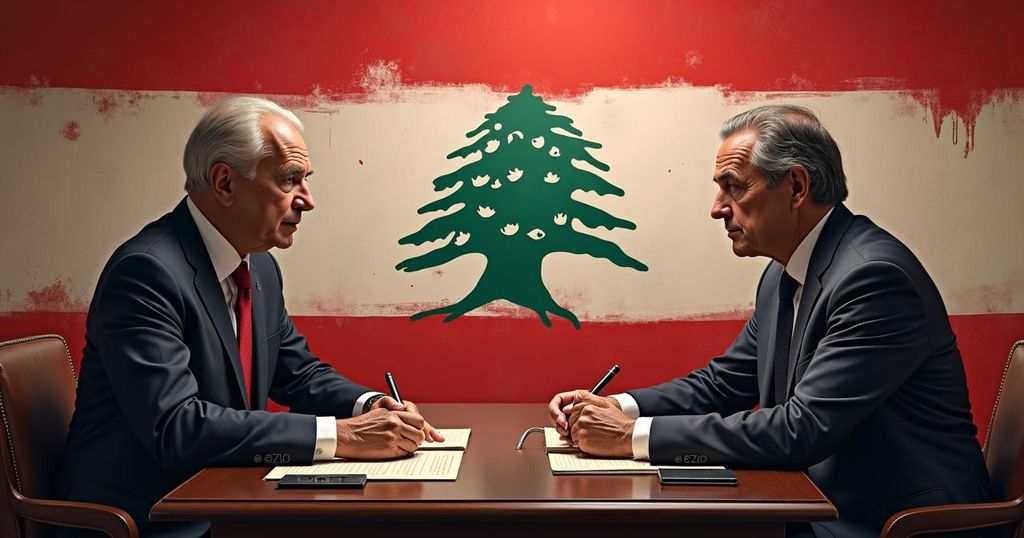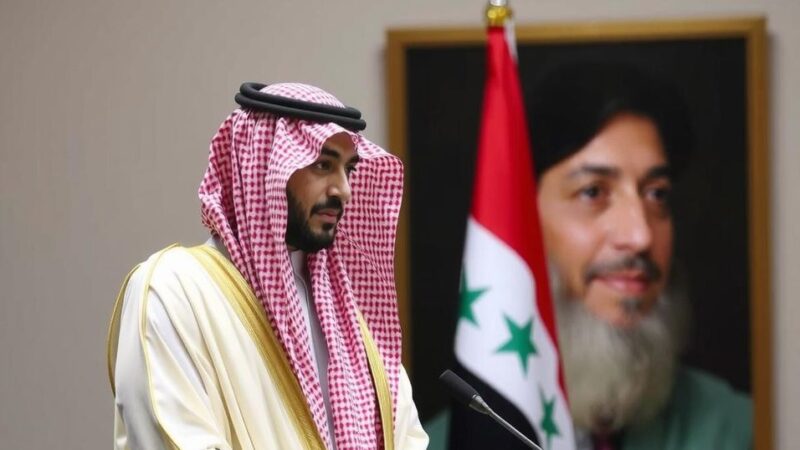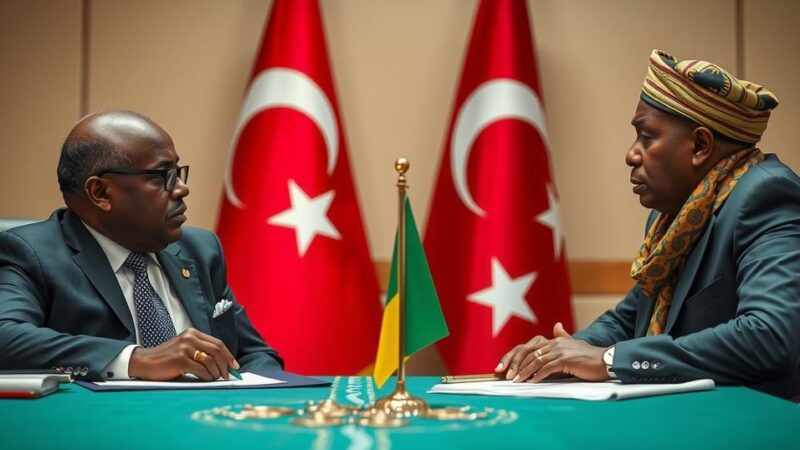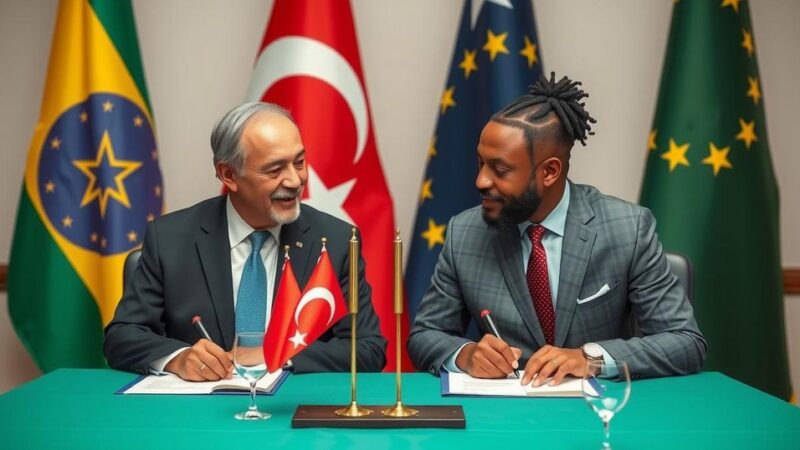The United States is exploring new avenues to resolve Lebanon’s political deadlock following recent military actions against Hezbollah that have weakened its leadership. Secretary of State Antony Blinken has engaged with key international players to advocate for the election of a new president to help stabilize the country and alleviate the ongoing crises. However, the political landscape remains complicated, with Hezbollah’s entrenched influence posing significant challenges to any proposed solutions.
The United States has expressed renewed potential for resolving the prolonged political stalemate in Lebanon, particularly following the recent weakening of Hezbollah leaders due to Israeli military actions. U.S. Secretary of State Antony Blinken has initiated discussions with key international players, including representatives from Saudi Arabia, Qatar, and France, to explore strategies for stabilizing Lebanon, particularly through the election of a new president. Blinken emphasized that establishing a functioning state and a head of state is fundamental for Lebanon’s future, which he noted has been in a presidential vacuum for two years. The U.S. holds Hezbollah responsible for the political impasse and recognizes its intricate involvement in Lebanon’s governance despite being categorized as a terrorist organization by various nations. In recent months, the Lebanese parliament has been unable to elect a new president following the conclusion of Former President Michel Aoun’s term in October 2022, primarily due to Hezbollah’s backing of Sleiman Frangieh against a fragmented opposition. The rising political paralysis, alongside a crippling economic crisis that has seen a significant portion of the population plunge into poverty, has raised urgent demands for action. U.S. officials cautiously suggest that recent developments might allow for negotiations that could see Hezbollah reduce its military presence along Israel’s northern border in accordance with a U.N. resolution intended to uphold peace in the region. In his discussions, Blinken noted a shared concern among multiple nations for Lebanon’s sovereignty and the necessity of electing a competent leader to navigate through these challenging times. He is expected to participate in an upcoming international conference aimed at promoting diplomatic solutions for Lebanon’s crises.
The political situation in Lebanon has been characterized by longstanding sectarian divisions and a power-sharing system that often leads to deadlock. Following the end of Michel Aoun’s presidency in October 2022, Lebanon has gone without a head of state, exacerbating the political and economic crises faced by the country. Hezbollah’s engagement in Lebanon’s political landscape complicates the situation, as the group, despite its classification as a terrorist organization by several countries, wields significant influence over governance and security. International efforts, particularly from the United States, have sought to mediate the situation, focusing on the necessity of establishing a stable government capable of addressing the citizens’ needs amid escalating regional tensions.
In conclusion, the U.S. administration sees a crucial opportunity to address the political deadlock in Lebanon, highlighting the imperative of electing a president to revitalize the government and mitigate the ongoing economic crisis. Secretary Blinken’s discussions with international counterparts underscore a collective desire for diplomatic solutions to foster stability in Lebanon, emphasizing the importance of Lebanese sovereignty in the electoral process.
Original Source: apnews.com







